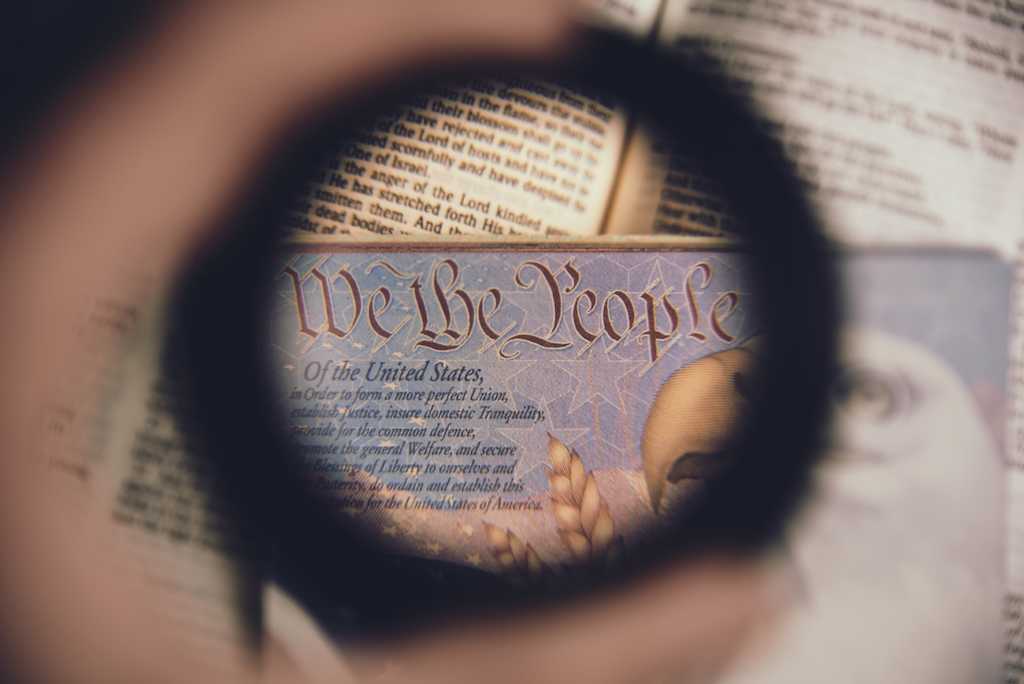While the U.S. Constitution guarantees Americans’ right to religious liberty — a central tenet of democratic ideals — a noticeably small number of the country’s young adults deem democracy “absolutely important” to their lives
The new survey, a bipartisan project commissioned by the George W. Bush Institute, the University of Pennsylvania’s Biden Center and Freedom House, found a slight majority of Americans — 55 percent — see the U.S. democracy as “weak,” while 68 percent believe it’s getting “weaker.”
Furthermore, about eight in 10 Americans are “very” or “somewhat” concerned about the condition of the country’s democratic systems.
Faith-Based Organizations Facing Punishment for Opposing Same-Sex Adoption
But those aren’t the most alarming numbers. According to the new poll, only 34 percent of Americans aged 18 to 25 see America’s democracy as “absolutely important,” and only 39 percent of respondents aged 18 to 29 feel the same way. It wasn’t until respondents reached 30 years and older that the numbers shifted upward:

There is a silver lining, though. A majority of Americans support the idea of democracy and believe it’s important to maintain that system.
When asked to rank the importance of living in a democratic society on a scale of one to 10 — with 10 being “absolutely important” — 84 percent of survey takers chose a number between six and 10. Among Democrats, it was 92 percent, with 81 percent of Republicans responding the same way.
The survey also asked respondents to select which two of the following components “are the most important parts of democracy to you personally”:

Taking account of the two extremes — those aged 18 to 29 and those between 50 and 64 — there was a wide margin. Only 17 percent of the younger group selected “freedom of religion” as one of the two “most important” aspects of democracy and only 26 percent of the older demographic chose similarly.
It is important to note 49 percent of the younger respondents selected “equal rights regardless of race, religion, or beliefs” as one of the two “most important” parts of a democratic system. Only 35 percent of those aged 50 to 64 said the same.
President Trump to Sign Executive Order That Will Protect Religious Liberty
This data comes just after the Pew Research Center released new findings on the rise of religious restrictions around the world. In 2016, the most recent year for which comprehensive information is available, 28 percent of countries had “high” or “very high” levels of government restrictions on religion.
And roughly one-in-10 countries, or 11 percent, saw government officials or political parties invoke nationalist rhetoric against members are targeted religious groups compared to 6 percent in 2015.
In late July, Secretary of State Mike Pompeo will hold the federal agency’s first international “Ministerial to Advance Religious Freedom” in Washington, D.C.
Pompeo described religious freedom as “a right belonging to every individual on the globe” during his May 29 address following the release of the State Department’s 2017 International Religious Freedom Report. He went on to say the U.S. “stands with those who yearn for religious liberty,” noting the significant role it played in the country’s founding.
“Religious freedom was vital to America’s beginning,” he said. “Defending it is critical to our future.”



